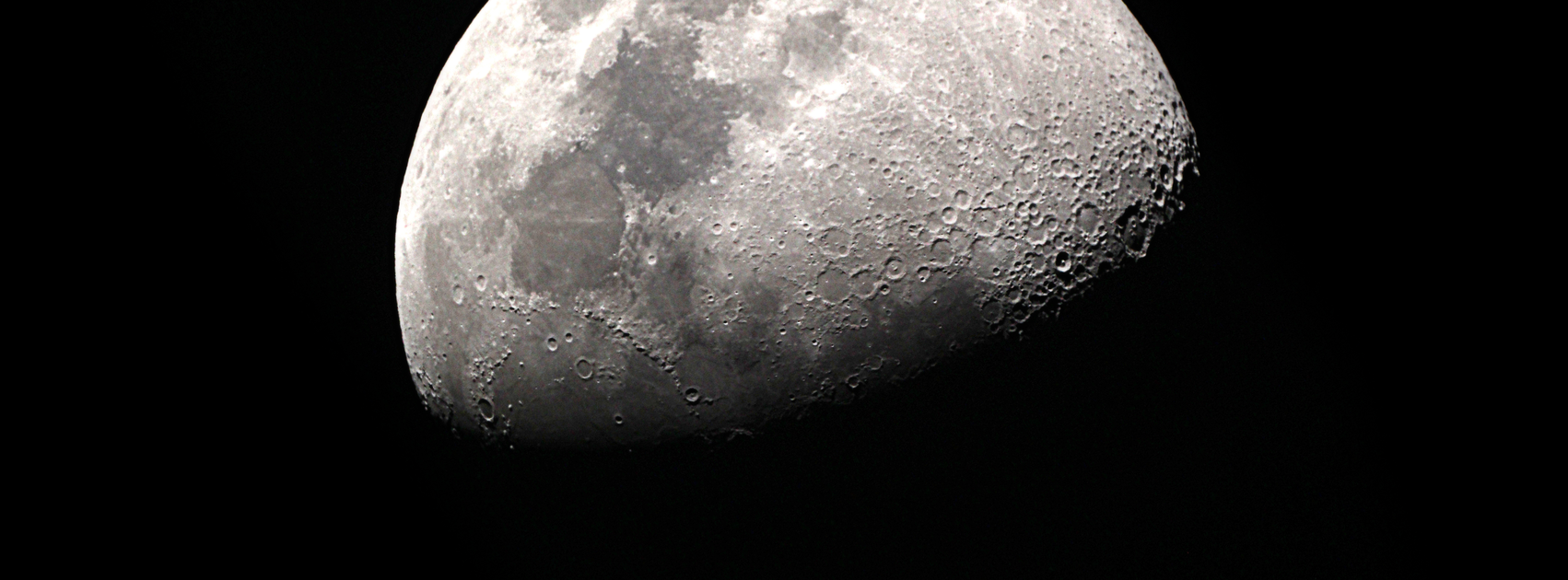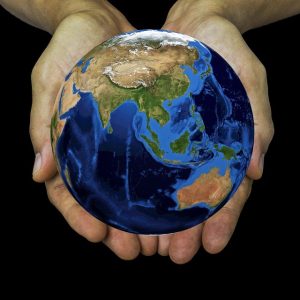
This isn’t a Pink Floyd album. In December, the country will launch the first spacecraft ever to land on the far-side of the moon.
China’s next two space missions are set to make history, as in December a Chinese spacecraft will land on the far-side of the moon; a part of the moon never visited before, and in 2019 another spacecraft is set to land on the moon and bring back some lunar rock samples for the first time in over 40 years. It has also been revealed that Israel and Germany will be launching robotic lunar missions in 2019. And the United States aims to have astronauts up in space orbiting the moon by the year 2023, and to have a handful of astronauts land on the moons surface by the late 2020s.
There is still a lot we don’t know about our only satellite, and these coming missions aim to give some insight into some secrets of our solar system that the moon might be holding by observing multiple unseen craters closely and bringing back new rock samples. Planetary scientist David Blewett says: “no doubt we will have additional rock types that we haven’t sampled yet, if you came to the Earth and landed in Great Britain and made all your conclusions about the Earth from what you saw … you really wouldn’t have the whole picture.”
NASA scientists have been really excited to get their hands on these new lunar rocks to study, but U.S. scientists face obsticles when it comes to studying the new samples, thanks to the Wolf Amendment. The wolf Amendment is a 2011 “federal budget clause that requires congressional approval before U.S. scientists can collaborate with China or any Chinese-owned company.” Whether they know it or not, this amendment has made it very difficult for american scientists to gain this otherwise unobtainable data; one scientist goes as far as saying that the US have “shot themselves in the foot.” Xiao, a Chinese scientist, agrees that a sample exchange and a collaboration between the US and China would be essential to understanding the moon’s history. “We don’t want this kind of thing to badly impact the science.”





